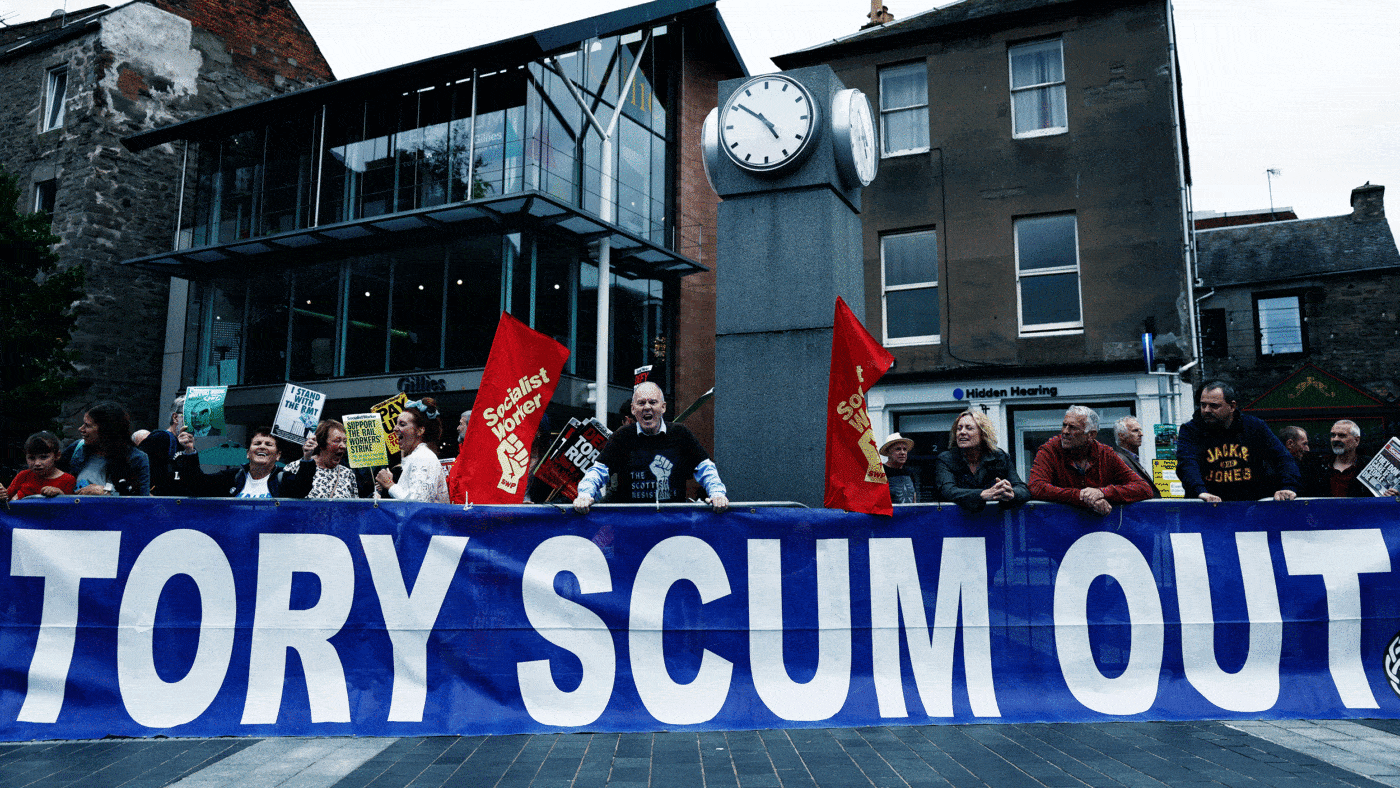Markets and businesses have had quite enough economic turmoil for one year. Those calling for a general election campaign over the winter are adding an extra dose of unnecessary uncertainty into the economy at a point where things are already going south at a rapid clip.
Perhaps just as importantly, there is no real justification for holding one. Despite the apparent beliefs of rather too many politicians and journalists, Britain is not America. We do not vote for our prime minister; a change in the top job – or rather, the first among equals – does not necessitate an election. This fact is evidently confusing to people overseas, where news agencies are publishing
explainers for bemused publics used to presidential systems.
The British constitution, in contrast, is remarkably elegant. A Prime Minister is chosen by the House of Commons, and remains in office so long as they can command its confidence. This neatly circumvents the issues experienced in the US, where a President can be elected with no ability to push legislation through Congress, resulting in long periods of frustration and gridlock where the system sits in stasis until the next election. This doesn’t happen here; either the government can pass critical legislation, or it can’t. And if it can’t, then Parliament will be dissolved and an election held.
The ability to replace leaders who are performing poorly keeps incumbents on their toes. It also serves as a worthwhile reminder that in our system you vote for your representative, and at a push their party. They owe you their best judgement, and very little more. We do not elect a president, and we certainly do not appoint a head of state. That role rests with our monarch, who provides a useful sink for tribal emotions and constitutional powers that could otherwise cause the sort of political issues the US is prone to.
This isn’t to say that our system is perfect. If the last decade has shown anything, it’s that the introduction of the sort of tightened decision loop
created by social media and WhatsApp can drive the system into dysfunction, with the government increasingly focused on short-term media management and MPs rather too used to plotting.
For all that, though, the system has endured for a long period because it has been shown to work. While it’s natural for the Labour party to call for a fresh vote, there’s no need to give them what they want. It’s not in the Conservative party’s interest, and it’s certainly not in the interests of a country that desperately needs a period of stability over the coming winter.
